Impressions from the 2024 Neutrality Conference
Neutrality Studies: A growing field in an increasingly multipolar word.
Hola!
Happy to be back and report that last week’s conference “Reimagining Neutrality and its Research” that we held here in Kyoto was a full success. More than 60 researchers engaged during 3 days in 13 panels—online and offline—about this old but still relevant topic.
One of the most interesting aspects of the conference were the many contributions by colleagues from the Global South, driving home the point that neutrality is neither a European concept, nor a “recent” phenomenon. One of my favourite presentations was by an Indian colleague, Professor Sumit Pathak, who showed that 2400 years ago, the Indian thinker and strategist, Kautilya, already had worked out a highly nuanced and sophisticated typology of neutrality strategies in his magnum opus, the Arthashastra.
His compatriot, Ashmita Rana, a PhD candidate at Jawaharlal Nehru University, also gave an inspiring discussion about her research project on Nepal’s struggle for neutrality back in the 1970s and 80s. And a colleague from Indonesia, Dr. Ristian Supriyanto, discussed brilliantly the question whether nonalignment is a form of neutrality, and how even within ASEAN there are different visions about which concept is more useful to local heavy-weights like Indonesia and Malaysia.
Another highlight was the participation of four (!) colleagues from tiny Malta, among them the island-nation’s Foreign Minister from 1982-1987. Dr. Alexander Sceberras Trigona told us first hand about his struggles to codify Malta’s neutral foreign policy into its constitution to safeguard it from the whims of one or the other political faction that might gain a parliamentary majority in the future—a very smart move, considering how easy it was for Finland and Sweden to give up their neutralities. Neither of them had it codified in their constitutions. Minister Trigona also told us about the decolonisation struggles of the Maltese and how this informed much of the desire for “true” independence, including full sovereignty over all military installations and the removal of British bases.
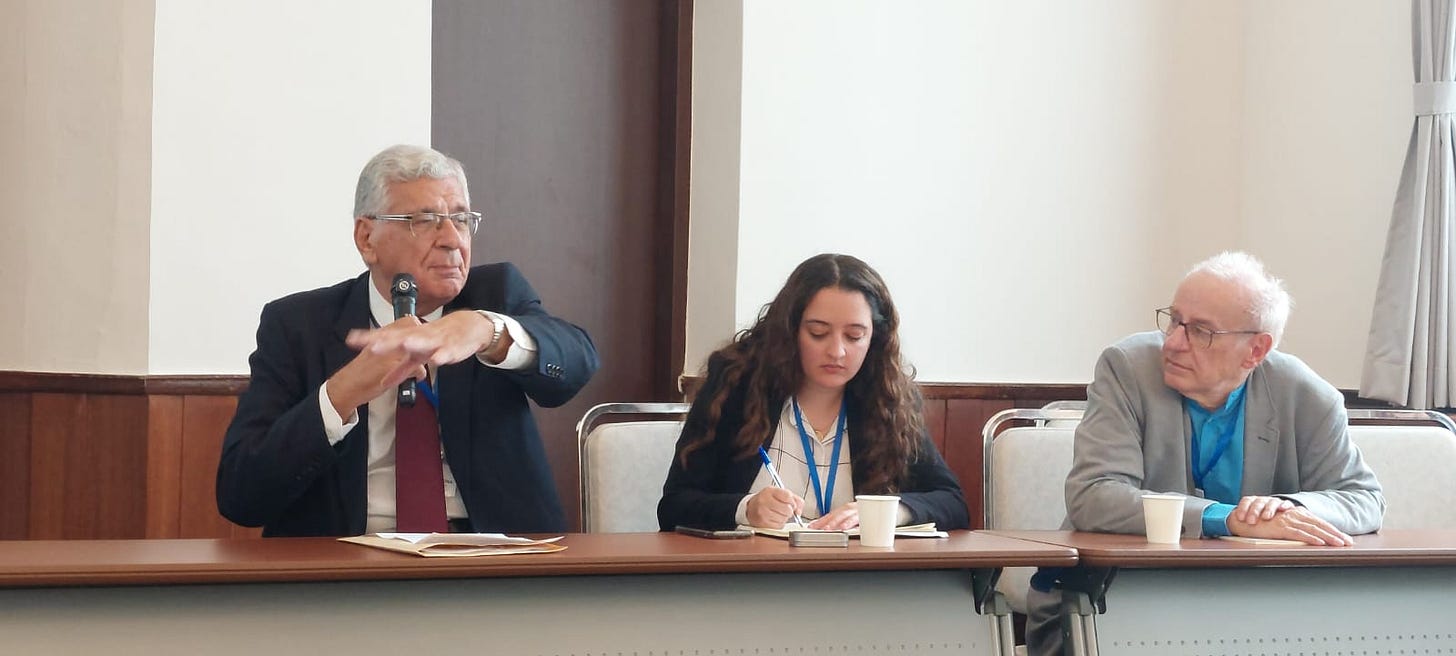
Minister Trigona was not the only former diplomat who made the trip to Kyoto. We also had a wonderful discussion about Mongolia’s experiences as a state without alliances, sandwiched between Russia and China, and the quest to make the country a Single-State Nuclear Weapon Free Zone (which was not an easy sell to the P5). It was nobody less than the head negotiator, Ambassador Jargalsaikhan Enkhsaikhan, who told us about the delicate diplomacy involved in selling a de-escalatory principle to nuclear weapon states. He already published his analysis, feel free to download it here.
Another highlight was the Friday morning panel, in which we managed to bring together different and even opposing analysis about world affairs concerning the Russo-Ukrainian War and the increasing US-China conflict. Despite the analytical differences, the ensuing discussion in the Q+A session showed once more why academic rigour and respect for contrarian views are cornerstones of scientific advancement. Only in discussing opposing viewpoints we are getting closer to a proper understanding not only of the issues themselves, but the mentality of the observing parties.
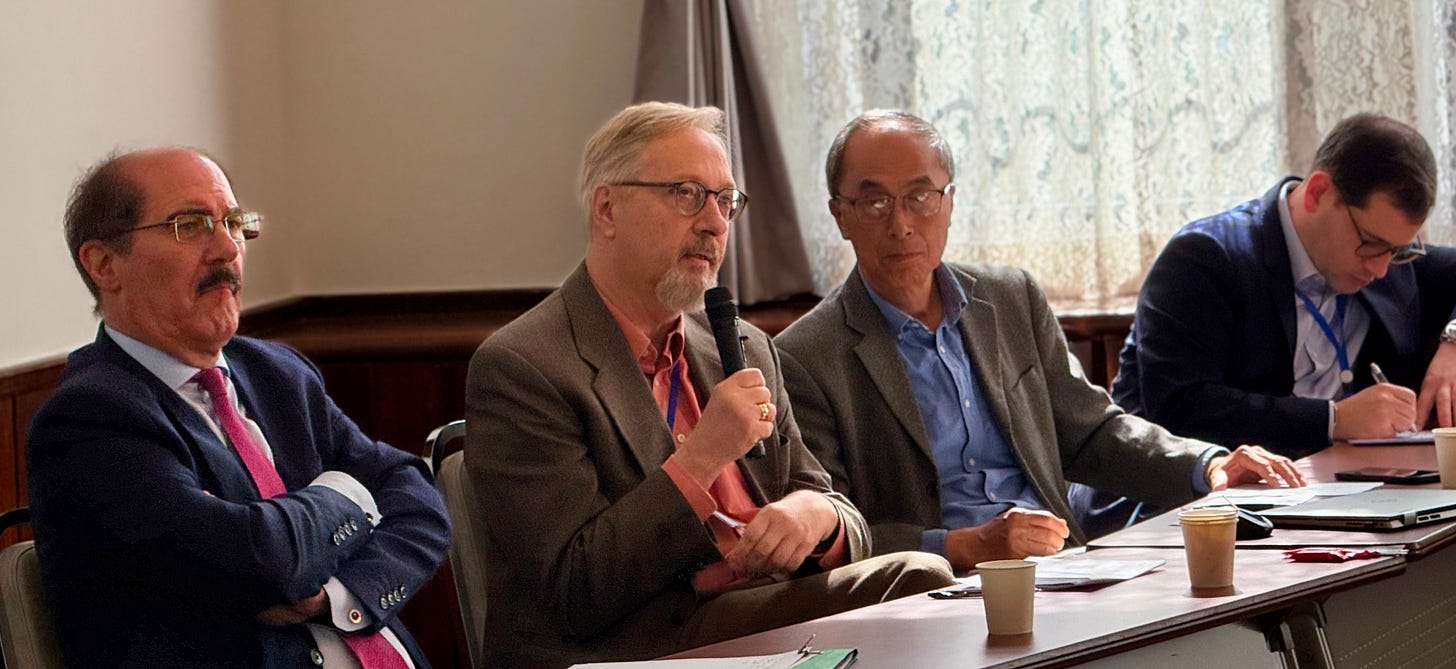
Last but not least, the conference created new ideas for future collaborations and projects in the field of neutrality studies. One of them, pitched by Minister Trigona, is the development of a Neutrality Index to measure and assess “how neutral” the 193 UN member states are, and how they compare to each other. One of the insights we gained from these 3 days is that every country in the world is neutral “to some extend” toward some conflicts. In the political sense, neutrality is not a binary state but a position on a continuum. Hence, developing a neutrality index based on 10 or 12 factors would allow for a heuristic understanding of the relative position of states and open new doors for comparative work.
More can and will be told about this conference. Please stay tuned for our publications here on Substack, on YouTube, and in the form of an edited book sometime next year. Updates will also be posted on neutralitystudies.com. For now, you can view the entire program and abstracts of the speaker talks on the conference homepage here. Power point slides and videos will follow.
In summary, the conference was a joyful academic event where we got to properly engage in all things neutral. New ideas were born and friendships forged.
Many thanks to Kyoto University for the research grants to make this event possible and to all colleagues who made the long way to Kyoto! Let’s keep discussing.
Cheers,
Pascal

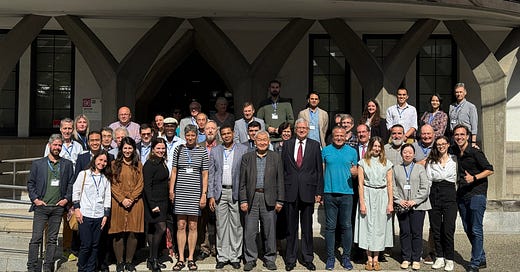



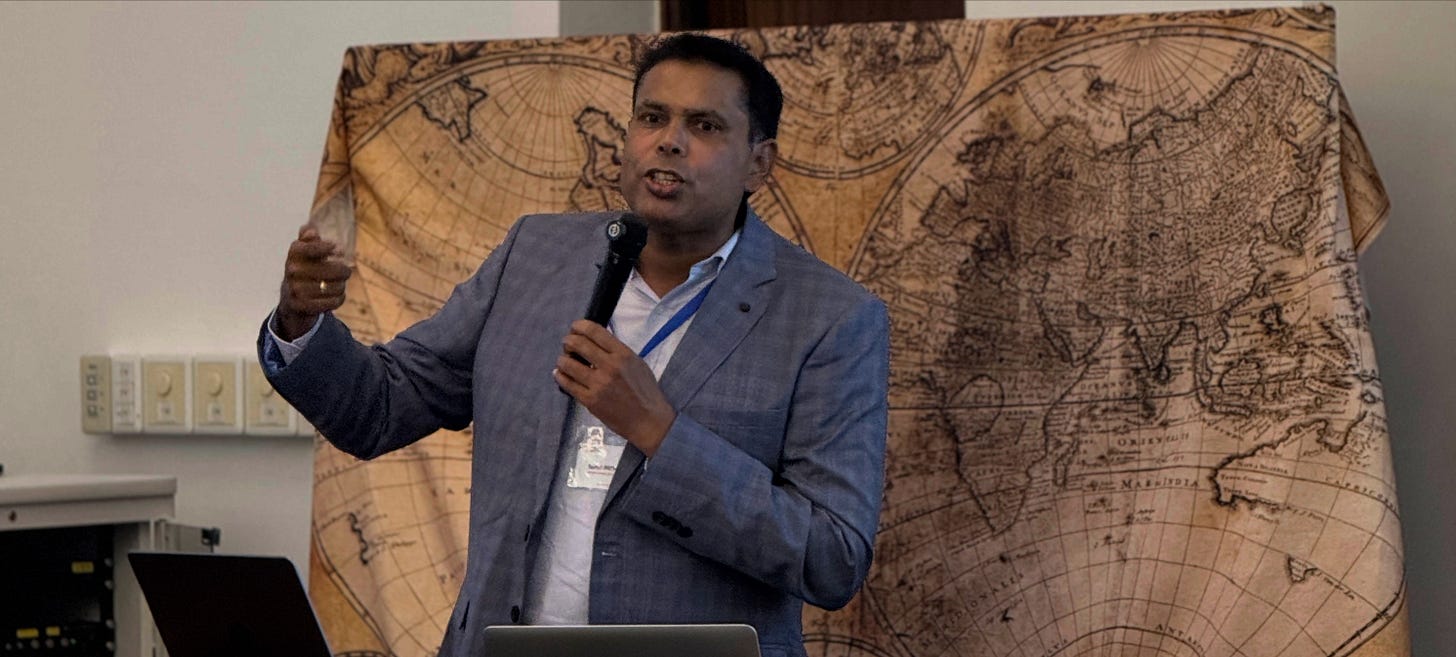

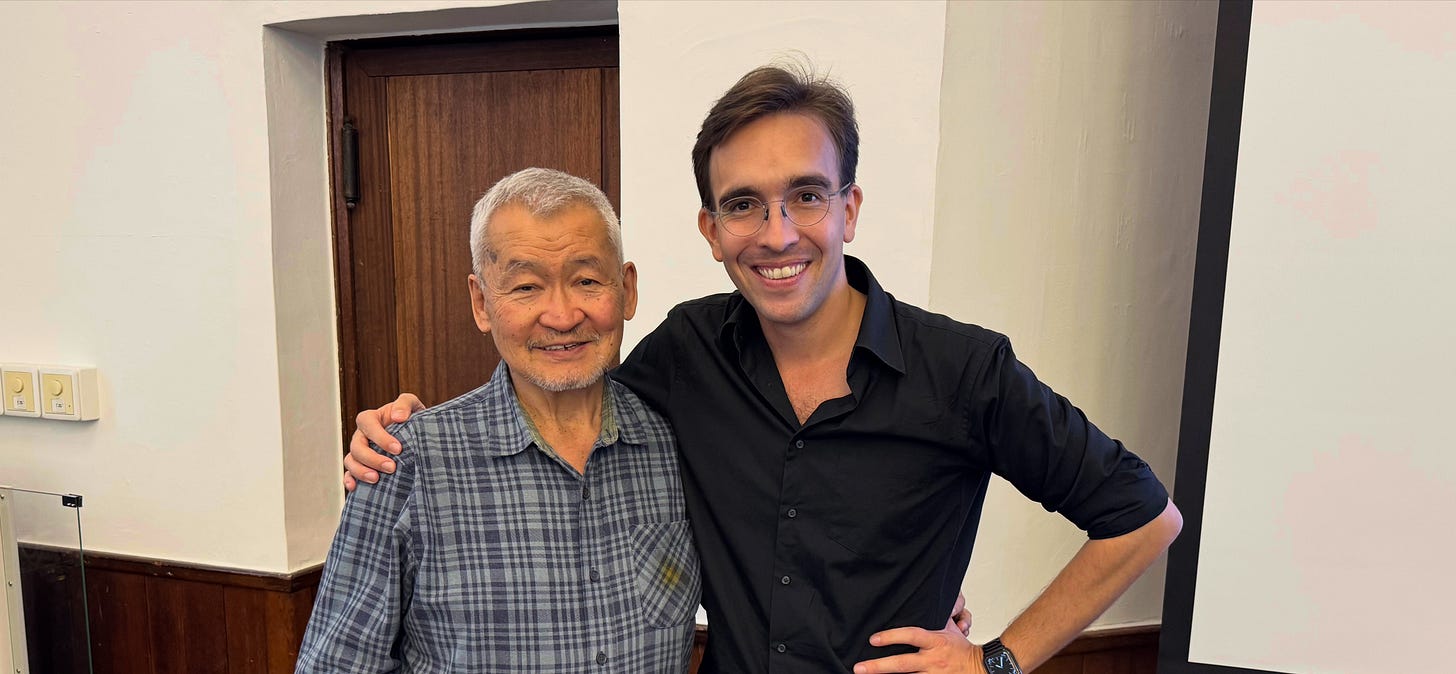
Congratulations on a successful conference, Pascal! Wonderful guests and such an important initiative!!
Pascal, while you may not make big headlines, I believe your work is invaluable. I wish you and your colleagues success in promoting state neutrality.